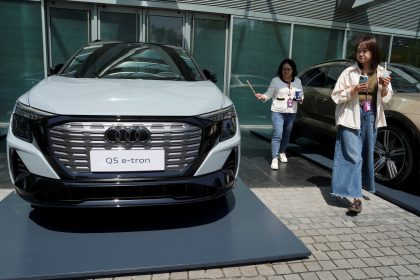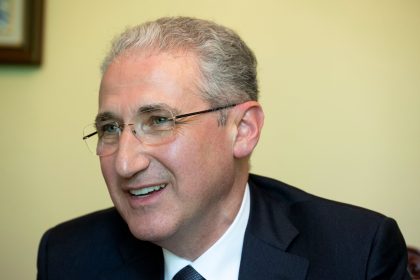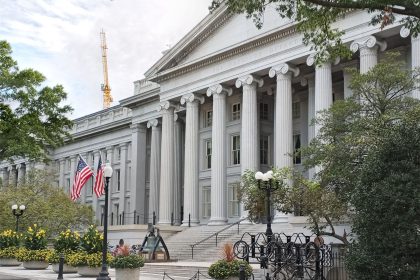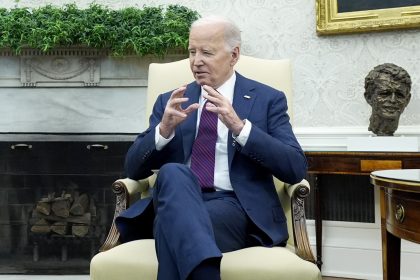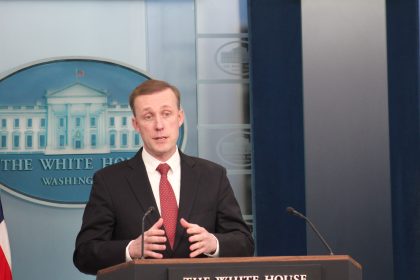China’s Food Security Policies Could Endanger Others
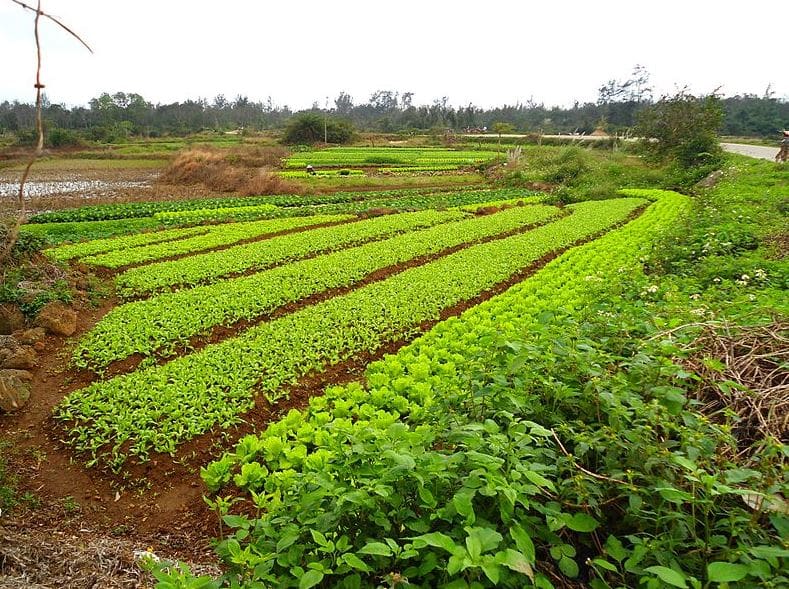
WASHINGTON — Several of China’s policies give democratic nations pause, but at least one analyst has singled out its plan for food security as a major cause for concern. In her latest paper published for the Hinrich Foundation, former U.S. Trade Negotiator Andrea Durkin claims that China’s “No. 1 Policy Document” has four policy levers that will affect global food security in other nations.
“[This] concerns everybody… but particularly markets that tend to be more food import-dependent,” Durkin explained to the National Press Foundation, arguing that especially in today’s high food price environment, subsidies, stockpiling, and seed technologies have the potential to influence grain distribution around the world.
According to Durkin, China’s “No. 1 Policy Document” sets the tone for the nation’s priorities for the year.
“What is striking is that even though food security has featured in previous policy documents… [it is] elevated as a policy priority this year,” she said. “China puts all of this in a long-term policy context.”
Among the policies Durkin worries about are: Increased public spending on price supports and subsidies; management of central, provincial, and local grain stockpiles; diversification of foreign supply through trade agreements, foreign direct investment overseas, and increased control of global distribution; and accelerated innovation and use of advanced seed technologies.
According to Durkin’s report, China controls half of the global grain reserves and has intentions to further monopolize the market.
“China made large volumes of grains purchases, maize, and soybeans… unprecedented imports and large purchases in grain markets,” Durkin said, adding that China also intends to increase subsidies for inputs on fertilizers, fuel, seeds, and farm machinery, as well as raise the amount of support to farmers through crop insurance programs.
“China was already the world’s biggest spender on farm subsidies. It spends almost four times as much in farm subsidies as the U.S.,” Durkin said.
She fears that increasingly high demand for grain worldwide coupled with China’s step-up in purchasing, stockpiling, and agricultural subsidizing could disrupt global grains prices and availability and influence grain distribution around the world.
“[These policies] give China an inroad into global grains trade in a way that hasn’t been seen in decades,” Durkin said.
But Joseph Glauber, senior research fellow at the International Food Policy Research Institute and former chief economist of the USDA, doesn’t agree that China’s policy will create global distress. Instead, he believes that demand for food grains will actually decline over the next few years.
“This year is a challenge. Demand has increased. But long-term outlooks suggest demand for feed grains decline over the next few years,” Glauber said.
“China’s incredible growth hasn’t starved the world,” he added. “There are many challenges out there in the world, but I don’t think China is a single driver.”
Glauber does agree that major grain import countries — not the United States — could be more directly affected by China’s food security policies, but major grain exporters could benefit as well, including growers in Africa.
“One clear thing here… is that China is going to act in its own self-interest,” Glauber said. “And they are the market.”
Regardless, Durkin suggests the United States continue to keep a close eye on China’s trade, investments, and seed technologies now that it has made its policies known.
“International trade is extremely important for food security, dietary diversity… It helps a country ride out local and regional shocks from droughts and other events,” Durkin reminded, saying that the global reserve also serves to stabilize global prices and food availability for other countries. “[What China does] has an impact on food security not only in China but in the rest of the world.”

















